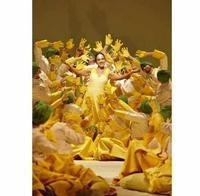“I love the Ancients, regardless of their merits and deficits, because they are not like modern people, because they are new” explained Hector Berlioz, writing in September 1850 in Le journal des débats. A present-day sceptic, he was enthralled by ancient history from an early age and developed his own contemporary perspective on these tales of antiquity, seeing them as a constantly repeated round of victories and defeats.
In his double opera THE TROJANS, a huge, sweeping panorama, he weaves a web of individual destinies while creating overarching perspectives and ageless formats. Berlioz presents the horror of war, harnesses insight and helplessness as the twin drivers of a cruel epic, tells of love and renunciation, of guileless guilt and inexorable fate.
Shrieks of Trojan joy open this work that is so difficult to categorise, but appearances deceive. Cassandra warns in vain of the »gift of the gods«. She foresees catastrophe for Troy, a disaster linked to the wooden horse, but is powerless to prevent it. The spirit of Hector urges Aeneas to abandon Troy, overrun by the Greeks, and found a new nation in a distant land. While he and his men flee the burning city the women, on the instigation of Cassandra, commit suicide.
The “ownfall of Troy” is followed by the second part of the story, an episode of transition that looks to the future: “The Trojans in Carthage”. The surviving male Trojans lands in Carthage, where they give military assistance to the Carthaginians and thwart the attack of King Iarbas. This alliance is reflected on a personal level, too. Dido and Aeneas discover their love for each other, but their happiness is short-lived. The ghosts of the dead Trojans appeal to Aeneas to sally forth again and fulfil his mission as set out by Hector. When Dido realises that she cannot persuade her beloved Aeneas to stay, she climbs onto the pyre and kills herself. Before she dies she proclaims her vision of the future, conjuring up a never-ending bloodbath between Carthage and the descendants of Aeneas.
This work, created between 1856 and 1858 and erratic in its refusal to submit to the artistic parameters of its time, draws heavily on Virgil and Shakespeare. It is not the intention of this retrospective work to reproduce what has gone before but rather to point up new facets and cause the tales and forms of an earlier age to bear fruit in the present day. Although baroque and bel canto opera have left their mark on this work, Berlioz considers the conflict between gods - counterpointing the struggles of the mortals - to be irrelevant to his times and decidedly baroque in character and consequently leaves it out of THE TROJANS. Berlioz throws his lot in with conservative musical credos such as consonance, melody and closed form, yet he also clashes with convention by employing unusual rhythms and tonality. Despite its echoes of grand opéra, the work does not belong to the genre. The music is ever changing and developing; one hardly ever sees the repetition that one encounters in grand opéra. Here, too, Berlioz anticipates modern compositional principles. THE TROJANS insist on autonomy that, while it is open to a plethora of ideas, seeks enlightenment and form precisely through wrestling with these ideas. It is precisely these characteristics that equip them for the present.
Cast and Creative team for The Trojans at Deutsche Oper Berlin
Director David Pountney
Stage design Johan Engels
Costume design Marie-Jeanne Lecca
Chorus master William Spaulding
Light design Davy Cunningham
Choreographer Renato Zanella
Énée Roberto Alagna
Chorèbe Markus Brück
Panthée Seth Carico
Narbal Tobias Kehrer
Iopas Joel Prieto
Ascagne Siobhan Stagg
Cassandre Ildiko Komlosi
Didon Béatrice Uria-Monzon
Anna Ronnita Miller
Priam Lenus Carlson
Greec military leader Marko Mimica
Hector's shadow Stephen Bronk
Hylas Alvaro Zambrano
Hélénus Clemens Bieber
A soldier Andrew Harris
Two Trojan soldiers Markus Brück
Two Trojan soldiers Lenus Carlson
Mercure Stephen Bronk
Hécube Hulkar Sabirova
Andromache Etoile Chaville
Videos
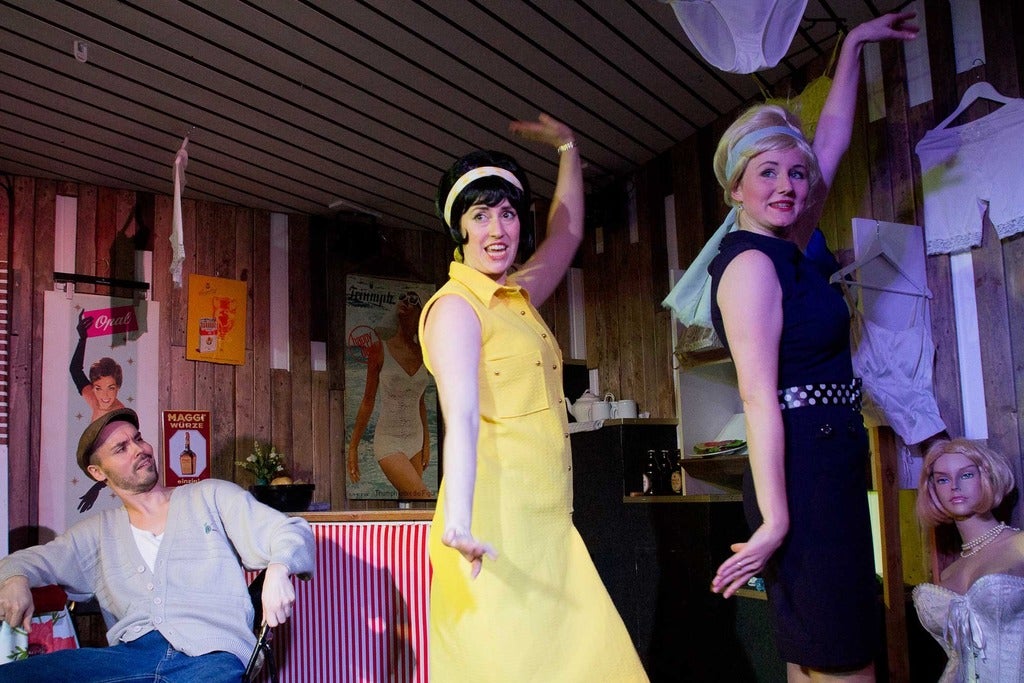
|
Moderne Hafenzeiten - HafenRevue 3
Hafen RevueTheater (5/10 - 5/10) | |
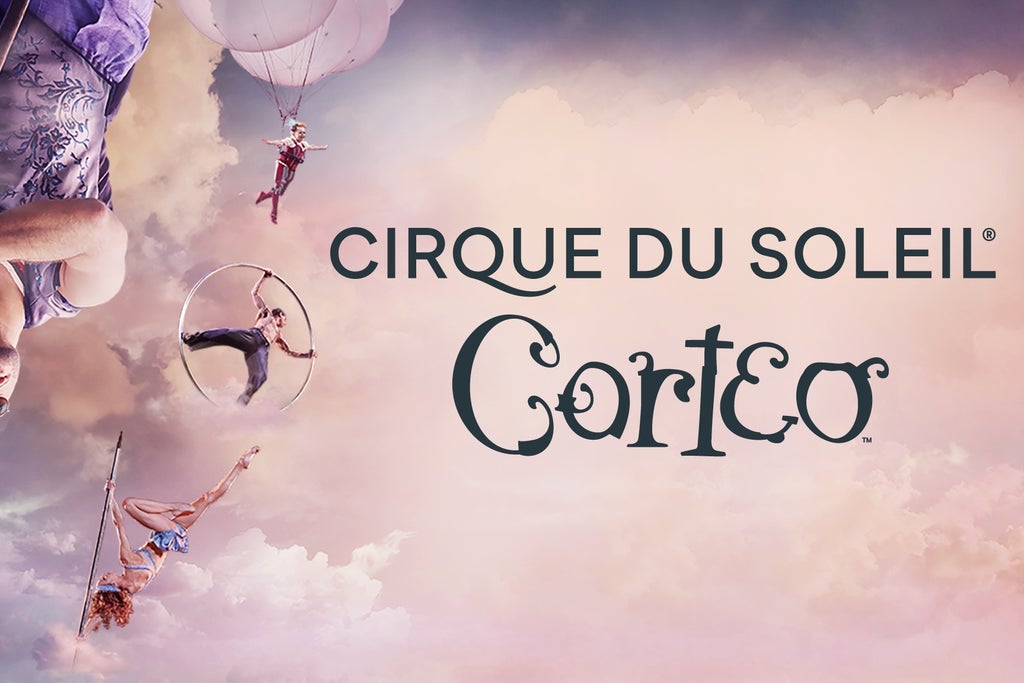
|
Cirque du Soleil - CORTEO
Rudolf Weber-ARENA (3/20 - 3/23) | |
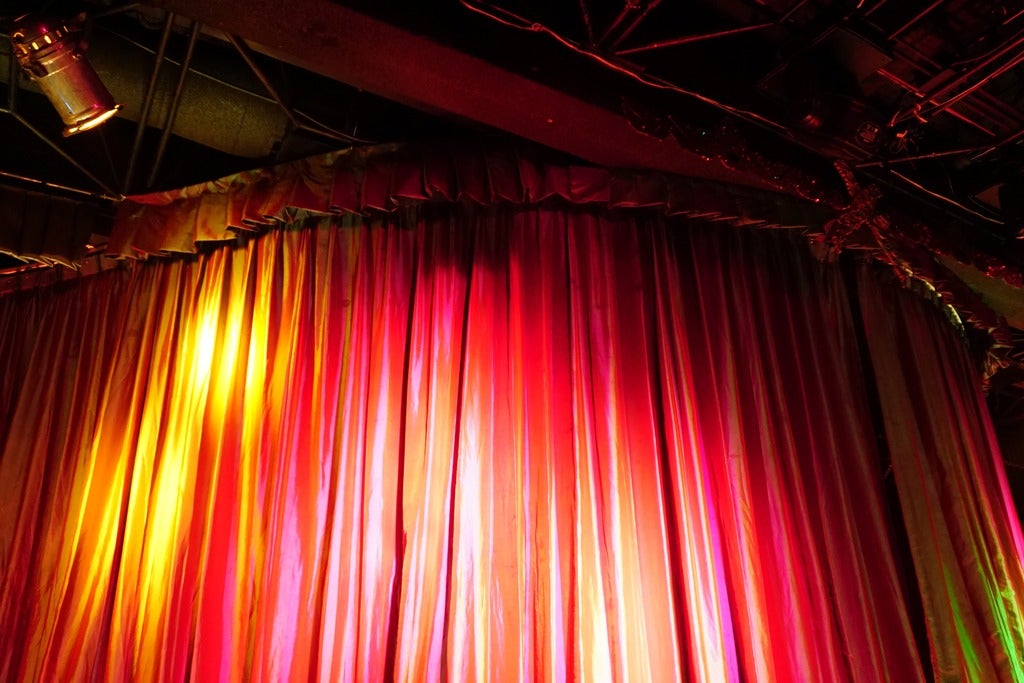
|
Deckargåta på Bishops Arms Kristianstad
The Bishops Arms bibliotek (3/1 - 4/19) | |
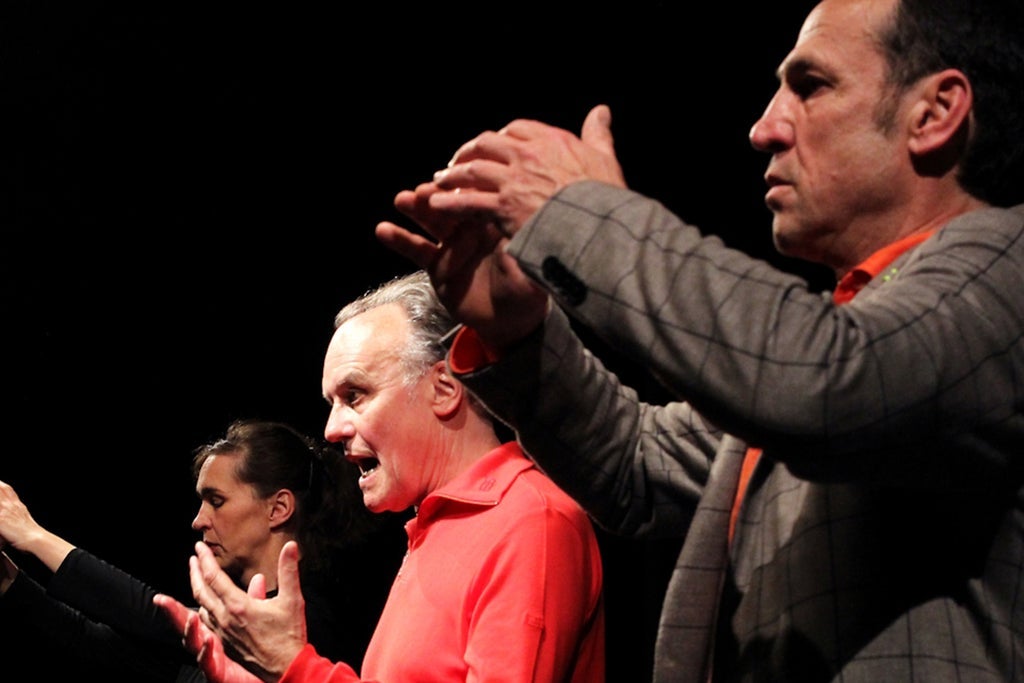
|
ACHTSAM MORDEN
bremer kriminal theater (3/7 - 3/16) | |
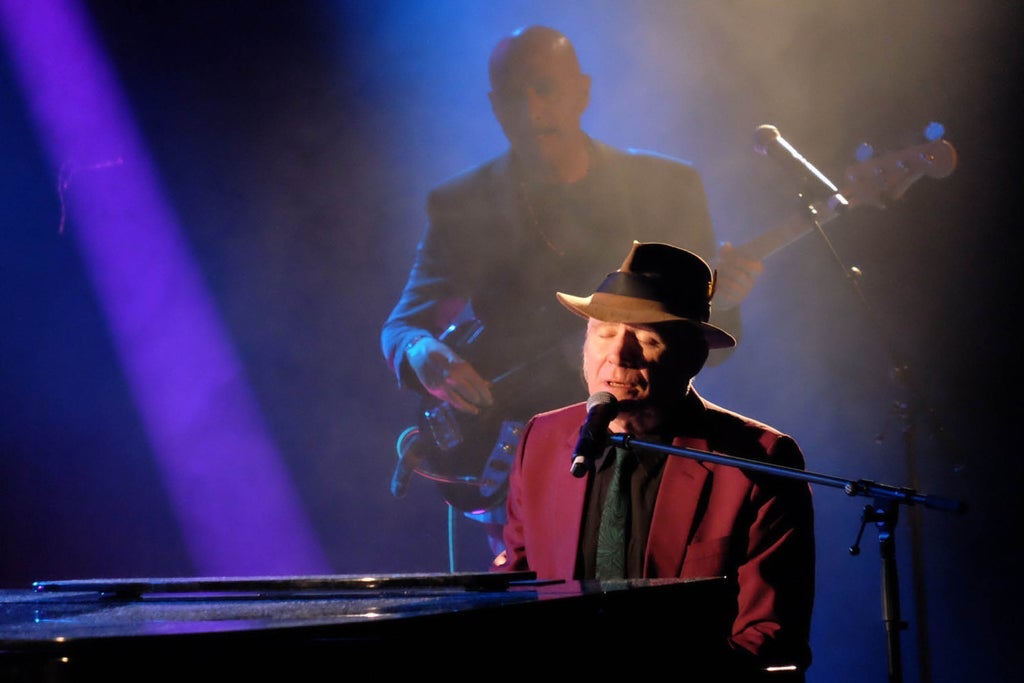
|
My Leonard Cohen
Capitole Gent (5/24 - 5/24) | |
|
|
Der Physiopath LIVE
Mayfair Saal im Metropol Theater (5/30 - 5/30) | |
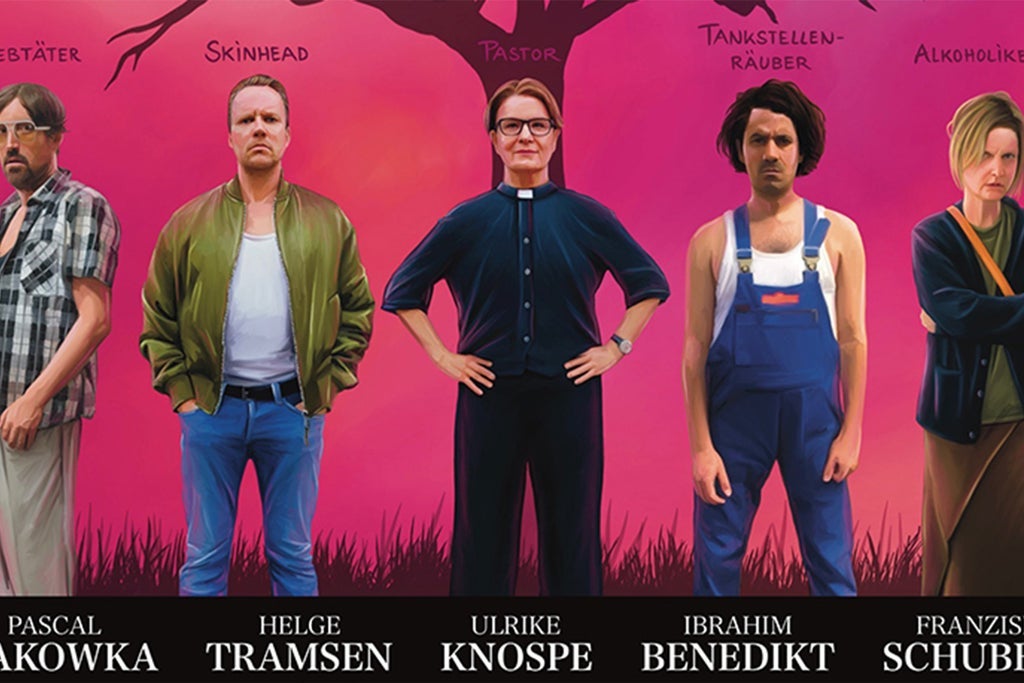
|
Adams Äpfel - Eine Komödie über Gutmenschen und Unverbesserliche
Schnürschuh Theater (1/24 - 4/27) | |
| VIEW SHOWS ADD A SHOW | ||
Recommended For You


